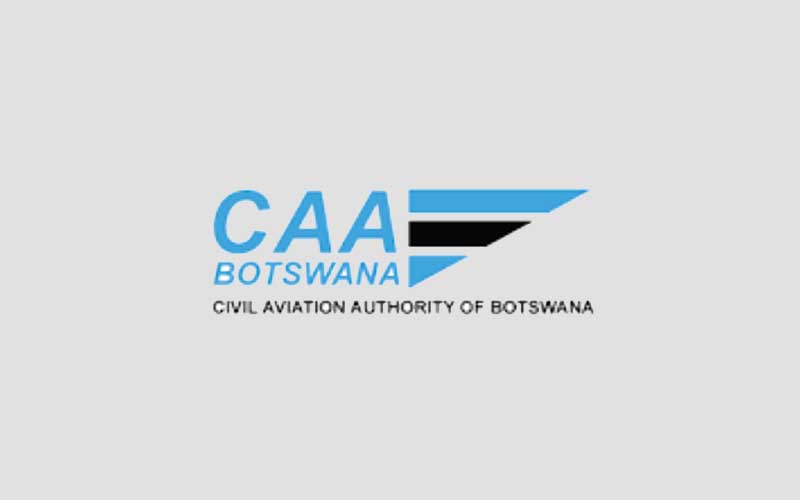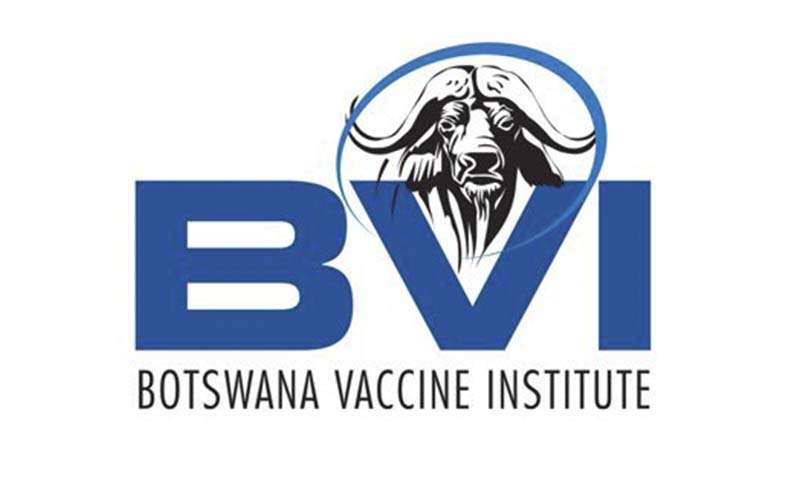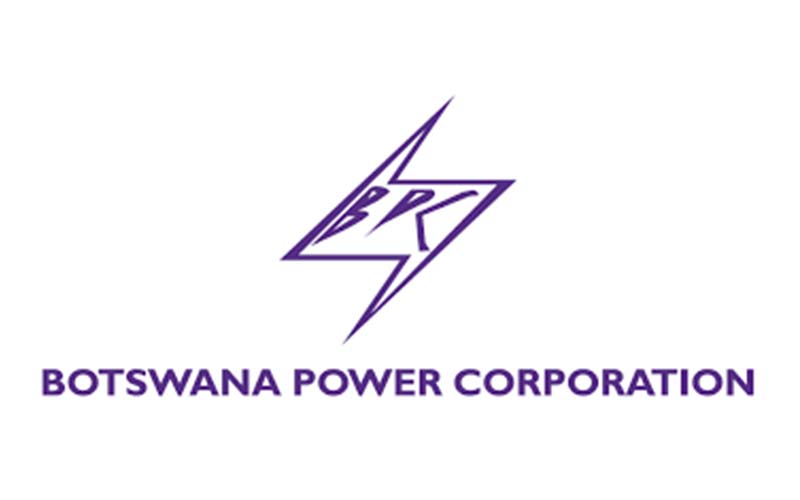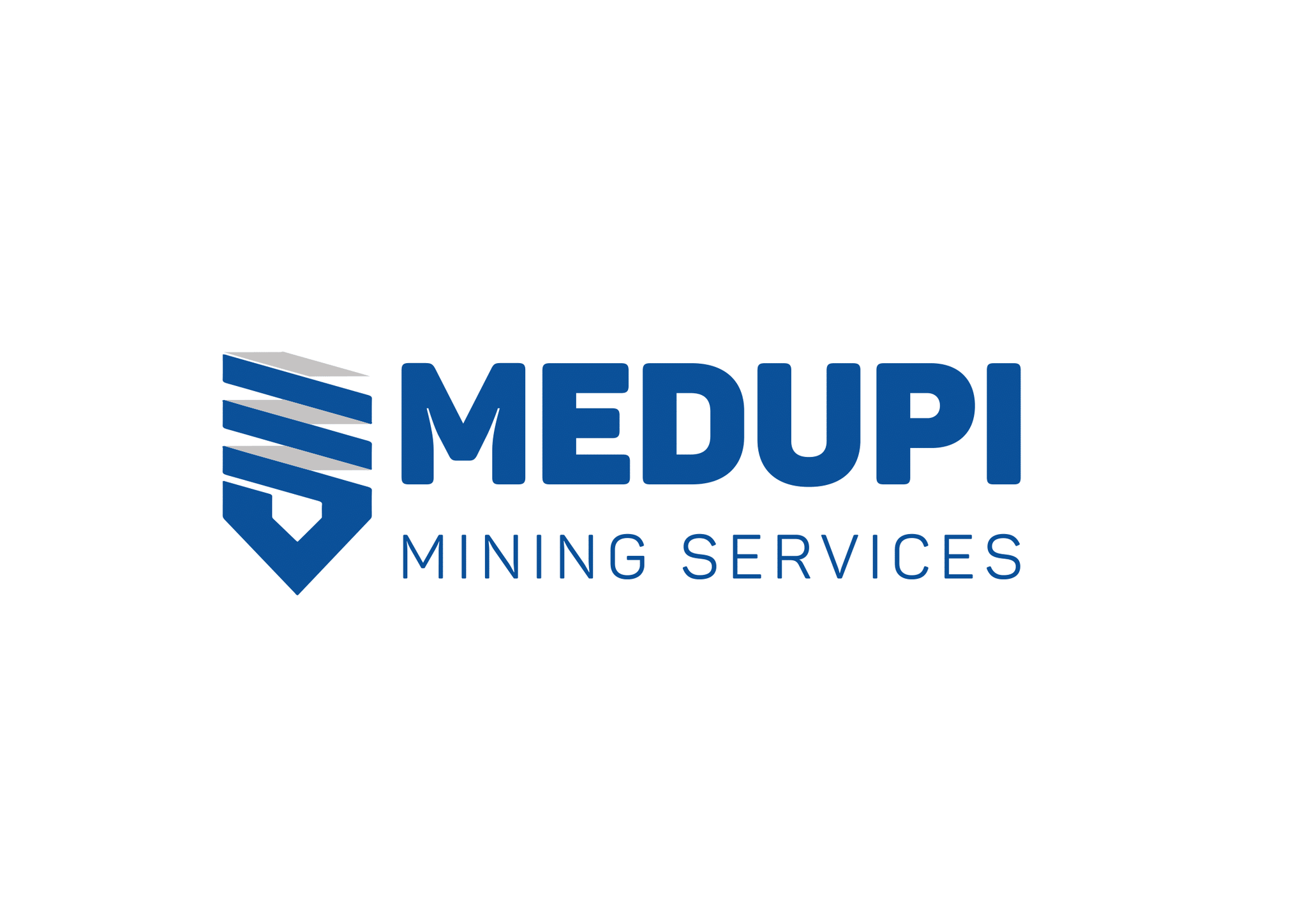Engineering Jobs
Technical Advisor – Manufacturing Projects – CEDA
Location: Gaborone | Closing Date: 19 June 2025
Role Responsibilities
- Review and advise on technical aspect of submitted funding application
- Planning, setting up, and managing of project controls systems
- Implements knowledge management principles to continuously improve and sustain business performance.
- Establishes and maintains effective relationships with all key stakeholders and partners to ensure achievement of business objectives.
- The provision of logistical and administrative support to the assigned mentor and project team.
- Monitor the effectiveness of the project delivery, standards, and procedures, and advise the Agency about necessary interventions.
Customer
1. Customer Focus
- The ability to resolve queries and issues for internal clients in defined interactions. The ability to listen to the client, actively understand the client’s perspective, clarify and summarize client needs and expectations, provide accurate information and communicate in a sincere and courteous manner. Take personal responsibility for client satisfaction. Delight the client by exceeding their needs, expectations and current standards, resolving the matter promptly and efficiently; generate mutually beneficial solutions. The ability to keep the client up to date, commit until completion and ensure that customer needs have been met.
2. Networking and Collaboration
- The ability to build networks across the organisation. Seek out and cultivate a network to improve divisional/functional performance. The ability to identify networking opportunities, explore opportunities, relate to different types of people, encourage collaboration and establish relationships. Seek and develop mutually beneficial partnering opportunities. The ability to monitor and assess partnership value add.
Delivery
1. Execution and Delivery
- The ability to do monitoring and evaluation of the manufacturing portfolio performance. Translate strategic intent into initiatives, execute and deliver initiatives in a disciplined, focussed and goal directed way within agreed time frames. Focus delivery on value creation and ensure optimum cost of process.
2. Risk Management
- The ability to understand, assess and manage risk at a project and functional level. Analyse and evaluate the business implications of risks, quantify the risk and weigh up risk versus reward. Contribute to the development of risk management strategies. The ability to implement and manage risk response strategies and use risk management data to improve products, project and business performance
3. Financial Management
- The ability to develop and manage a financing plan (budget) and validate this against project delivery / objectives. The ability to use data to guide strategic and operational decision-making. Understand the requirements of an effective and efficient financial environment.
4. Technical Expertise
- Possesses a broad overall understanding of the discipline and depth of specialization in own field; is consulted internally. The ability to do research to stay abreast with the latest developments and benchmark current practices. Perform complex tasks and identify new applications from current processes and understanding. The ability to apply expertise to situations, problems and queries. The ability to use best practice to develop unique solutions and enhance performance. Recognised internally for expertise and possesses extensive experience in the area.
People & Personal Management
1. Leading Teams
- The ability to lead a function or multi-functional teams. Create a trusting environment, gain commitment and buy-in from teams, and take accountability for team success and failure. Create a shared purpose, align teams to strategic deliverables and allocate talent according to long-term plans. Build cooperation and collaboration across many different teams by leveraging a diversity of opinions.
2. Building Relationships
- The ability to build relationships within own organisation and external parties with regards to strategic issues in a dynamic environment. Accurately perceive and manage emotional, social and political under-currents. Maintain and create solid relationships, collaborate and integrate, manage complex conflict, form partnerships, share expertise and resources, work with diverse personalities and skill sets across boundaries.
3. Influencing Through Communication
- The ability to communicate through a variety of media across hierarchies and to a range of audiences. Naturally motivate and gain commitment by interacting with confidence, charisma, presence and building rapport. Communicate abstract ideas and concepts in an inspiring, self-contained, contextualised and comprehensive manner. The ability to adjust the communication to the audience to engage and maintain attention.
4. Integrity
- The ability to foster a culture of integrity, honesty, respect and trust. The ability to act as a moral compass and consistently inspire others through actions and words. Defend what is right with courage, take principled stands, and express opinions; even if they may be unpopular. The ability to not use the power of position or make decision for own gain. The ability to ensure that standards are in place to regulate and underpin moral ethical behaviour.
Thought
1. Business Acumen
- Understand the industry, competitors, buying behaviour, economy, political environment and market-share. Use this information to respond to shifts and improve organisational results. The ability to systematically evaluate analyse and identify opportunities, synergies and trade-offs that could create value. Use business model to create value and competitive advantage. The ability to target opportunities by creating a culture of entrepreneurship, combining and reframing resources to extract margin, cross-sell, and develop new channels, solutions and products. The ability to remove non-value adding initiatives.
2. Managing Complexity
- The ability to deal with multiple large-scale, projects and initiatives; managing personal stress, conflicting agendas and priorities, interdependencies, resource allocation, hidden dynamics and assumptions, and trade-offs. Deal with multiple sources of stimuli at once, see communality amongst information and identify underlying facets, minimize complexity and contradictions and distil information to the essence.
3. Innovation
- The ability to create a culture of creativity and innovation. The ability to challenge paradigms and advocate experimentation. The ability to view problems from multiple perspectives, think laterally, make connections, identify current and create new assumptions, and combine thoughts and concepts in unique ways. Promote and reward experimentation and innovation, encourage others to challenge tradition. Maintain a culture of redesign, initiate and sponsor re-engineering of core processes at an inter-functional and interface level.
Operations: General
1. Quality Management
- In addition to proficiency as a Specialist, understanding of Quality Management and ability to evaluate weaknesses and risks in systems, assess macro effect of findings on operating processes and project performance which may lead to product and process innovation to improve service levels. Initiate philosophies like TQM, Lean manufacturing, Six Sigma, ISO etc.
2. Problem analysis and Judgement
- Ability to anticipate problems within one system of the entity, gather relevant information from multiple sources (also external), involve key role players, reduce data to logical conclusions, formulate solutions at a systemic level, manage trade-offs and conflicting agendas to reach solutions, ensuring decisive implementation.
3. Portfolio Management
- Operational understanding of Program Management and the ability to assume responsibility, oversee/execute the following: Providing input into the budgeting process of the project within the portfolio as well as managing allocation, Liaising with and reporting to key stakeholders. Manage funding application and approval process according to Agency procedures, Represent the Agency at individual project level to steer projects to successful implementation.
Competencies:
- Technical competency
- Problem Solving
- Process engineering and optimization
- Data Analysis
- Quality management
- Communication and interpersonal skills
- Project management skill
Experience
- A minimum of four (4) years post qualification experience in a related field preferably in the manufacturing industry. Industry experience in Project Management is an added advantage
Qualification
- A Bachelor’s Degree in Mechanical/ Industrial/ Plant Engineering or equivalent
Closing Date: 19 June 2025






